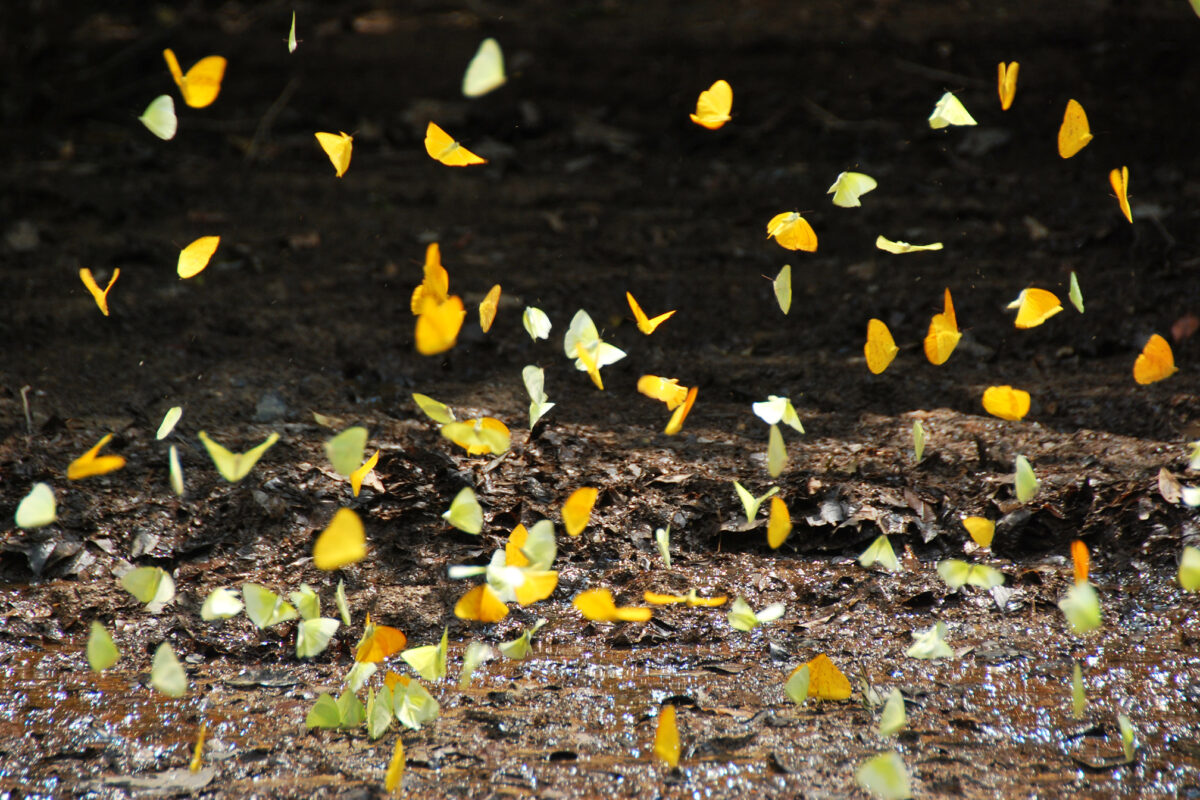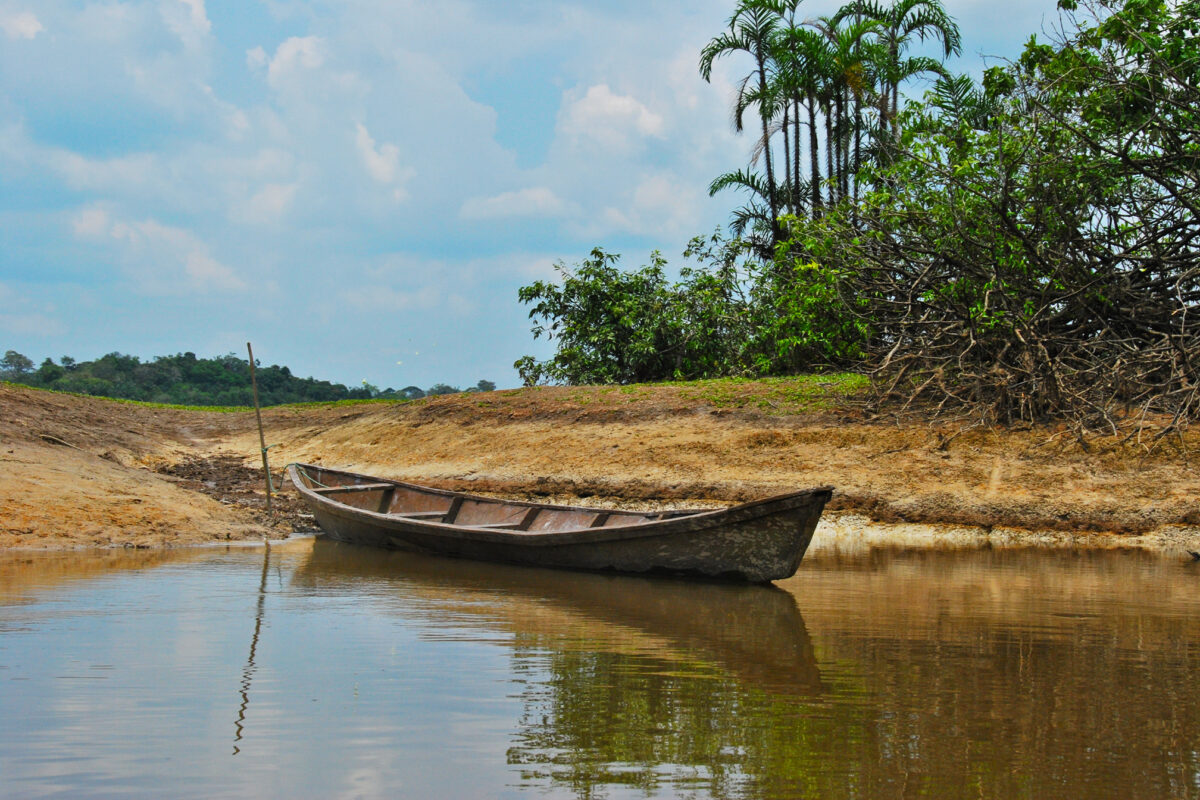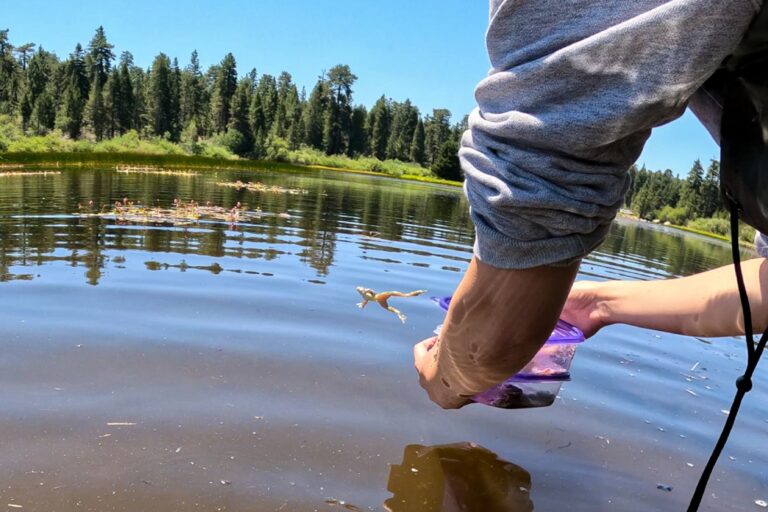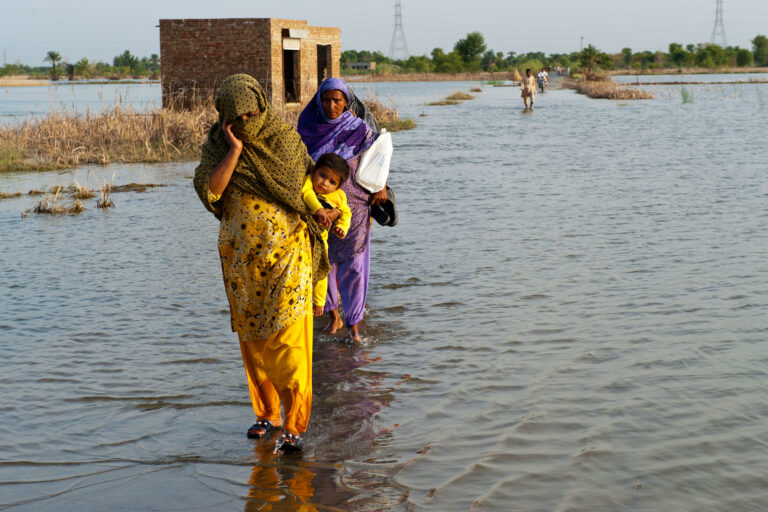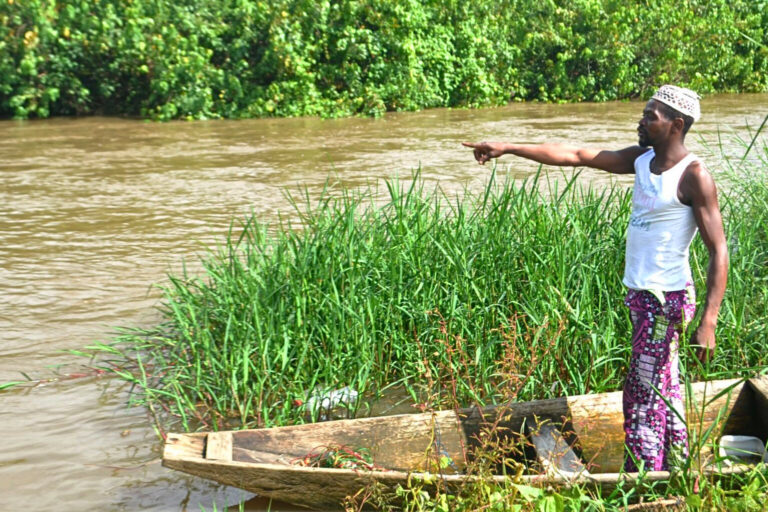Coral reefs with seasonal temperatures may survive climate change
Coral reefs with seasonal temperatures may survive climate change
mongabay.com
November 29, 2007
Coral reefs with seasonal temperatures are more likely to survive rising ocean temperatures associated with global warming, reports a new study published in the journal Ecological Monographs. Reefs found in environments with stable but higher temperatures are more susceptible to “bleaching,” which can kill corals by causing them to expel the symbiotic algae that provides them with nourishment.
Examining temperature variations and coral bleaching events off the coast of East Africa between 1998 and 2005, Dr. Tim McClanahan of the Wildlife Conservation Society (WCS) and colleagues found that the “reefs in sites with the most temperature variation were in the “shadow” of islands, protected from the oceanic currents that reduce temperature variations in reef ecosystems.” Corals in these areas were most likely to survive warming episodes.
 Credit: Tim McClanahan/Wildlife Conservation Society |
“This finding is a ray of hope in a growing sea of coral bleaching events and threatened marine wildlife,” said Dr. Tim McClanahan, Senior Scientist working for the Coral Reef Programs at WCS and lead author of the study. “With rising surface temperatures threatening reef systems globally, these sites serve as high diversity refuges for corals trying to survive.”
“The findings are encouraging in the fact that at least some corals and reef locations will survive the warmer surface temperatures to come,” he added. “They also show us where we should direct our conservation efforts the most by giving these areas our highest priority for conservation.”
Scientists are concerned for the potential impact of climate change on coral reef ecosystems. Both increasingly levels of acidity, which reduce the ability of coral to generate their main structural material, and higher sea temperatures, which can cause “bleaching” or expulsion of the symbiotic algae that enable corals to feed, are cited as the primary risks to reefs in a world of higher atmospheric carbon dioxide levels. Some research suggests that as much as 95 percent of the corals on Australia’s Great Barrier Reef could die by 2050 should temperatures rise by 2 ocean temperatures increase by the 1.5 degrees Celsius projected by climate scientists. Despite the bleak outlook, it appears that some corals may be able to adjust to changing conditions. The end result is that reefs 50 years from now may be quite different than reefs of the present. The new research confirms this scenario.
The Wildlife Conservation Society is also involved in coral reef conservation in Belize, Indonesia, Papua New Guinea, Fiji, and Madagascar.



